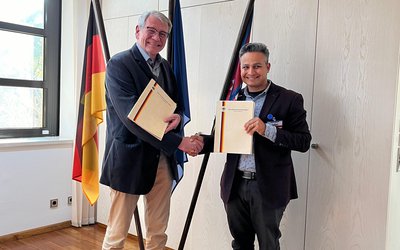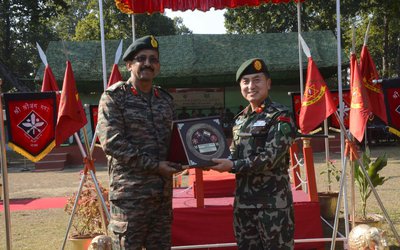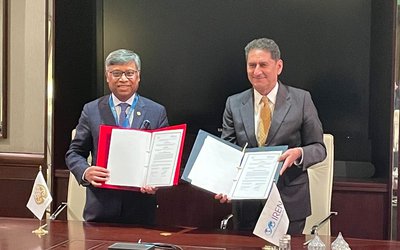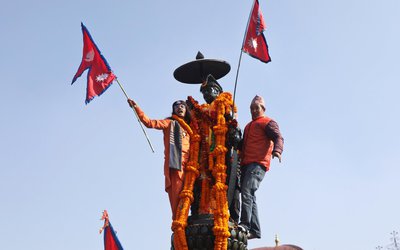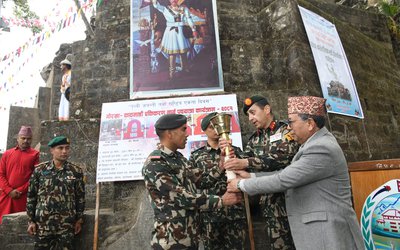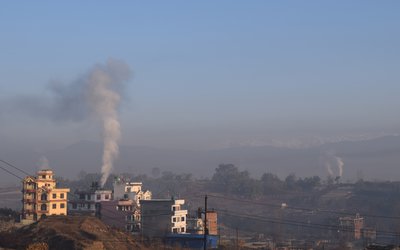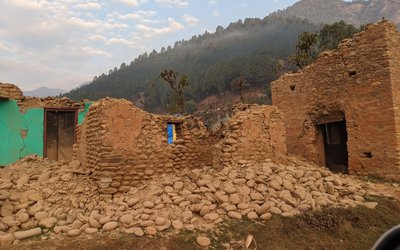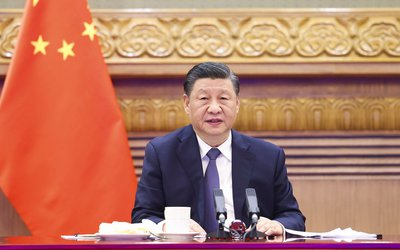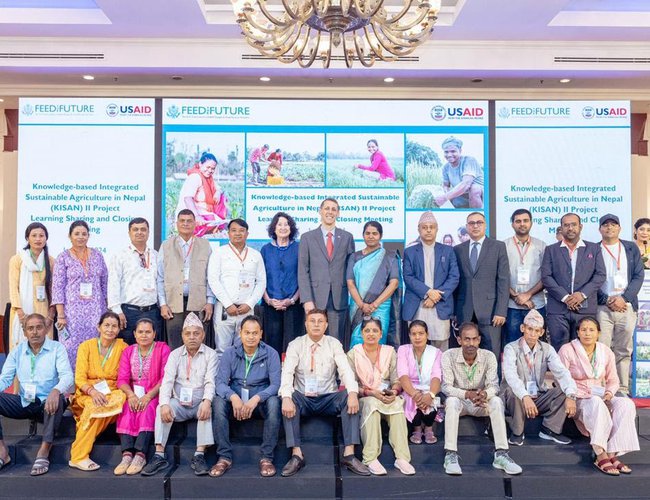
The United States Agency for International Development (USAID) celebrated the completion of its knowledge-based Integrated Sustainable Agriculture in Nepal (KISAN) II project with a knowledge-sharing event, showcasing its significant achievements to boost agricultural productivity and incomes of farmers and agribusinesses.
Implemented from July 2017 to July 2024, USAID’s KISAN II project supported over 270,600 farmers–including 73 percent women and 63 percent from marginalized groups. The strong partnership between the USAID, the Government of Nepal (GON), and the private sector significantly increased agricultural productivity and sales across 25 districts in Nepal.
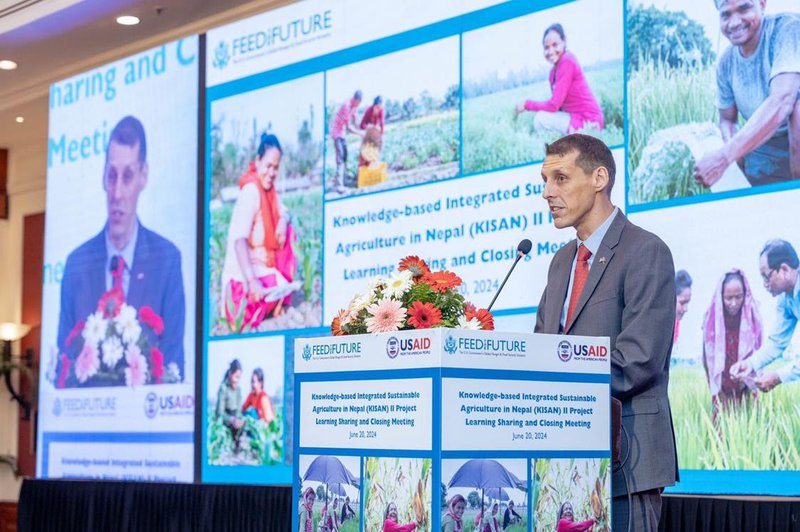
USAID’s KISAN II project partnered with 177 firms and supported nearly 600 extension workers to help farmers access markets and finance and become more competitive, while providing over 35,000 farming households with irrigation systems. This support helped increase production by 139 percent and lead to $476 million of farm sales. By promoting climate-smart agricultural practices and the use of new digital technologies, USAID empowered farmers to better cope with the impacts of climate change.
“We are proud to help Nepali farmers harness the potential of the country’s agriculture to increase their incomes, expand their access to healthy foods in local markets, and improve the country’s overall food security and prosperity,” said Chargé d'affaires of Mission of the U.S. Embassy, Jason Meeks.
Speaking at the event, Minister of Agriculture and Livestock Development Jwala Kumari Sah remarked, “USAID's KISAN II project introduced the Rice Mill Model and Maize Aggregation Model, helping millers and aggregators support farmers and buy produce at fair prices. The Rice Mill Model's success led to its adoption by government bodies. KISAN II also facilitated the Joint Sector Review, aiding in the review and prioritization of the Agriculture Development Strategy. The Government of Nepal is now institutionalizing this review mechanism for long-term use."
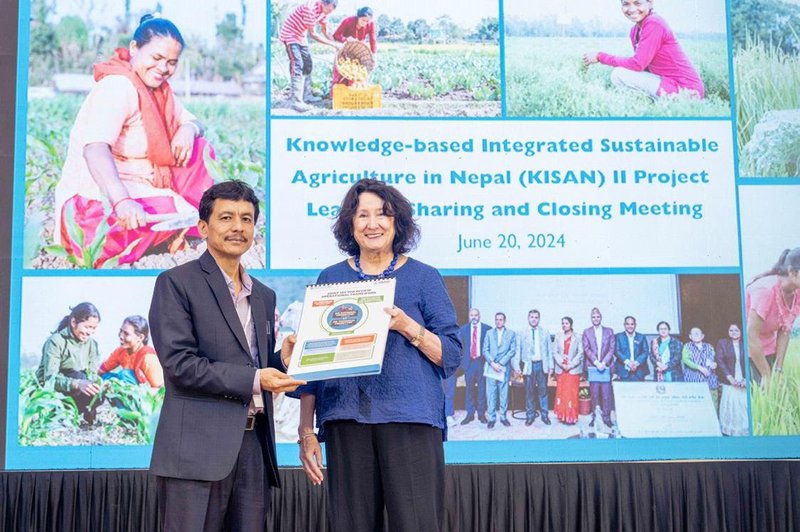
The closing event for USAID’s KISAN II project featured handover of knowledge products and technology to help the Government of Nepal. This will help expand the private sector’s role in agriculture, attract investment, and boost agricultural production and economic prosperity in Nepal. Several farmers and private sector entities were also part of the event.
Since 2011, the U.S. Government’s Feed the Future Initiative has provided more than $181 million in assistance to help over 800,000 Nepali farmers increase their incomes through improved agricultural productivity and increased sales.
- Germany Pledges 100,000 Euros For Flood Recovery In Nepal
- Jan 16, 2025
- Today's Weather: Partly Cloudy Across The Country
- Jan 16, 2025
- National Earthquake Safety Day Today
- Jan 15, 2025
- Yoga Day celebrated In Various Parts Of The Country
- Jan 15, 2025
- Weather Forecast: Partly Cloudy In Hilly Some Regions of Gandaki, Bagmati and Koshi and Mainly Fair In The Rest
- Jan 15, 2025
